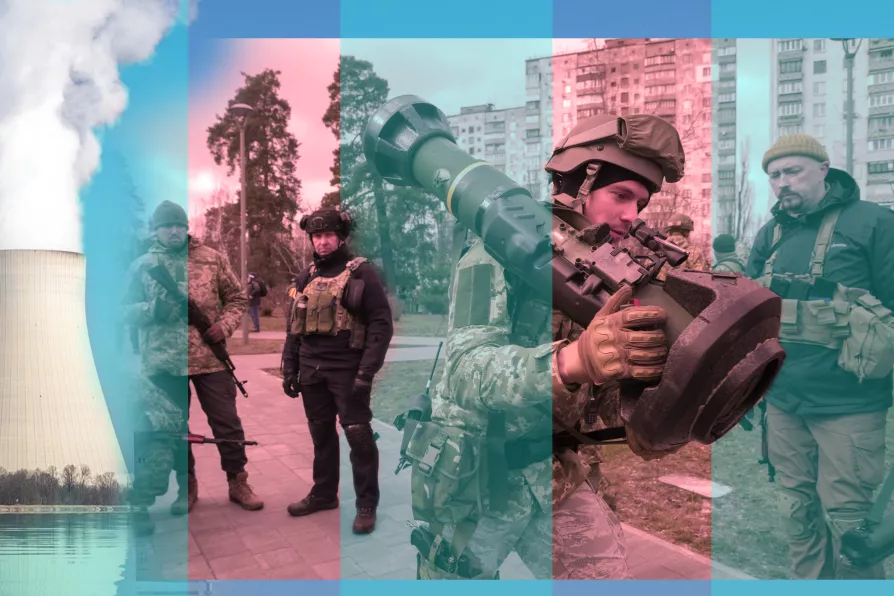John Wojcik pays tribute to a black US activist who spent six decades at the forefront of struggles for voting rights, economic justice and peace – reshaping US politics and inspiring movements worldwide

 Even should all of Ukraine’s reactors be shut down, they still need power to cool the reactor core as well as the fuel pools. The pools are arguably a greater radiological danger as they are not housed within the protective containment building with the reactors and would release even more radioactivity if hit.
Even should all of Ukraine’s reactors be shut down, they still need power to cool the reactor core as well as the fuel pools. The pools are arguably a greater radiological danger as they are not housed within the protective containment building with the reactors and would release even more radioactivity if hit.
A CRISIS of potentially global proportions looks to have been averted at the massive six-reactor nuclear power plant site at Zaporizhzhia, Ukraine. But the threat of a nuclear emergency is far from over.
As fire engulfed one of the plant buildings on March 3, Ukraine’s president, Volodymyr Zelensky, warned we could be facing “the end of Europe.” The country’s foreign minister Dmytro Kuleba said that an explosion at Zaporizhzhia “will be 10 times larger than Chernobyl.” They are right.
There is good reason to be gravely alarmed. Never before in our history has a war broken out in a region where there are operating nuclear power plants.

BRENT CUTLER welcomes a valuable contribution to discussions around the need to de-carbonise energy production

Once again, working people have been betrayed with false promises about jobs in an industry that is actually making climate change worse, writes LINDA PENTZ GUNTER

For 80 years, survivors of the Hiroshima and Nagasaki atomic bombings have pleaded “never again,” for anyone. But are we listening, asks Linda Pentz Gunter

LINDA PENTZ GUNTER reports from Parliament Square, where a rally slammed the hypocrisy of allowing Israel to bomb Iran and kill hundreds to stop it developing nuclear weapons — the same weapons Israel secretly has and refuses to explain









